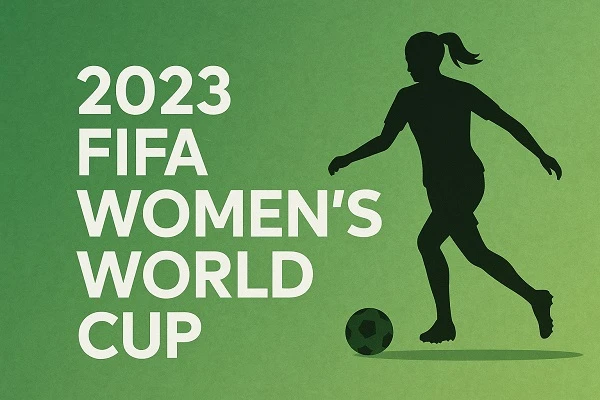Haris Rauf Banned for Two Matches After Asia Cup Clash — ICC Takes Strict Action

Fast bowler Haris Rauf has been suspended for two One-Day International matches after being found guilty of breaches of the International Cricket Council (ICC) Code of Conduct during the 2025 Asia Cup. The sanctions follow his actions during Pakistan’s matches against India, signaling a firm disciplinary stance from cricket’s governing body.
The Incident
During the India-Pakistan matches in September, Rauf was cited for making inappropriate gestures — including a “jet-crash” mimic and a “6-0 down” sign — after taking wickets. These actions were deemed to fall under Article 2.21 of the ICC Code of Conduct, which covers “conduct that brings the game into disrepute.” Having accumulated four demerit points within 24 months, Rauf’s case automatically converted to a suspension under ICC rules.
The Sanctions
The ICC imposed the following on Rauf: a two-match suspension for Pakistan’s upcoming ODIs against South Africa, four demerit points, and a fine of 30% of his match fees for two games. Other players involved included India’s Suryakumar Yadav (fined and two demerit points) and Pakistan’s Sahibzada Farhan (warning plus one point).
Implications for Pakistan and the Rivalry
Pakistan's loss in the Asia Cup final to India deepened tensions both on and off the field. The refusal of the Indian team to shake hands or accept the trophy from the Pakistani official drew additional scrutiny. Rauf’s ban further complicates Pakistan’s plans for the South Africa series, potentially weakening their pace attack and placing pressure on team balance and morale.
Broader Context: Cricket Discipline & Rivalry
The India-Pakistan rivalry is one of the most intense in world sport, with political and historical undertones. Moments like Rauf’s gestures and subsequent disciplinary action highlight how on-field conduct now intersects with national image and cricket governance. Cricket boards are reminded that player behavior, especially in high-tension fixtures, carries broader implications beyond the match result.
What to Watch Next
- Whether Pakistan appeals the sanction or revises internal behavior protocols.
- The performance of Pakistan’s pace bowling unit without Rauf in the upcoming ODIs.
- Board discussions at the ICC quarterly meeting on discipline and demerit-point trends.
- Whether future India-Pakistan matches escalate further or prompt stricter governing-body action.
Conclusion
Haris Rauf’s two-match suspension sends a clear message: even high-profile players are subject to conduct rules. For Pakistan, the ban comes at a critical time and adds pressure ahead of the next series. For cricket’s global governance, it underlines the challenge of managing player behavior in emotionally charged rivalries. As fans and stakeholders watch closely, how teams respond may shape cricket culture in the years ahead.
Frequently Asked Questions (FAQs)
Q: Why was Haris Rauf suspended for two matches?
A: He breached the ICC Code of Conduct (Article 2.21) during matches against India in the 2025 Asia Cup and accumulated four demerit points, triggering a two-match ban.
Q: What are demerit points and how do they work?
A: The ICC issues demerit points for misconduct. If a player accumulates four or more points in 24 months, suspension points are triggered which can lead to bans for Tests or limited-overs matches.
Q: Will this affect Pakistan’s pace attack significantly?
A: Yes — Rauf’s absence from the first two ODIs against South Africa removes a key strike bowler, forcing Pakistan to reassess their combination and strategy.
Q: Can the ban be appealed?
A: Yes. Under ICC regulations, both player and board can appeal decisions within stipulated timelines. Pakistan may review internal disciplinary policy in response.








